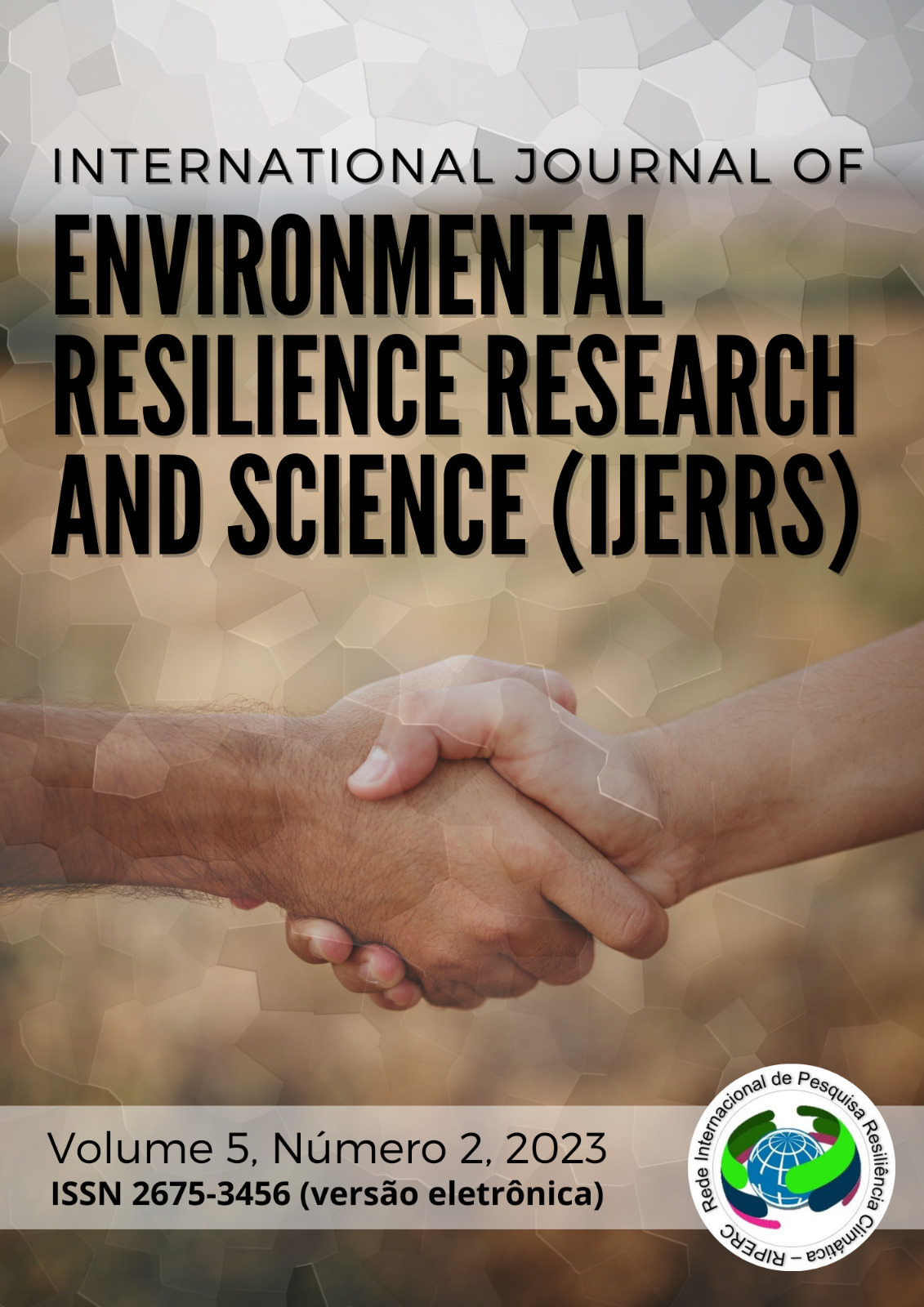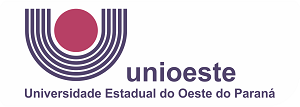Por Municípios Educadores Sustentáveis: Diretrizes para Implementação
DOI:
https://doi.org/10.48075/ijerrs.v5i2.32232Resumo
As discussões acerca da construção de municípios Educadores Sustentáveis tiveram início com a realização do 1º Congresso Internacional de Cidades Educadoras, realizado em Barcelona em 1990. No Brasil essas discussões tiveram início em 2004, no estado do Paraná, junto ao Programa de Educação Ambiental da Hidrelétrica Itaipu Binacional sob coordenação do Ministério do Meio Ambiente. Neste sentido, o presente estudo objetiva revelar as diretrizes para a construção de um município Educador Sustentável. Metodologicamente o trabalho baseou-se numa abordagem qualitativa envolvendo pesquisa bibliográfica e documental em materiais publicadas em meio impresso e eletrônico que se relacionam com a temática escolhida. Os resultados, revelam as diretrizes balizadoras a serem adotadas pelos municípios, sendo: o investimento no processo educativo local, valorização da cultura local e respeito à diversidade, o fomento a espaços democráticos e fortalecimento de coletivos no município, bem como a valorização do meio ambiente em suas diversas dimensões. Destaca-se a importância da implantação de municípios educadores sustentáveis, se não à totalidade de suas dimensões, mas pelo menos o respeito ao meio natural, aos costumes locais, ao fortalecimento do ambiente democrático e a adoção de outros princípios ligados ao desenvolvimento sustentável.
Downloads
Publicado
Como Citar
Edição
Seção
Licença
Copyright (c) 2023 International Journal of Environmental Resilience Research and Science

Este trabalho está licenciado sob uma licença Creative Commons Attribution-NonCommercial-ShareAlike 4.0 International License.
Aviso de Direito Autoral Creative Commons
Política para Periódicos de Acesso Livre
Autores que publicam nesta revista concordam com os seguintes termos:
1. Autores mantém os direitos autorais e concedem à revista o direito de primeira publicação, com o trabalho simultaneamente licenciado sob a Licença Creative Commons Attribution que permite o compartilhamento do trabalho com reconhecimento da autoria e publicação inicial nesta revista.2. Autores têm autorização para assumir contratos adicionais separadamente, para distribuição não-exclusiva da versão do trabalho publicada nesta revista (ex.: publicar em repositório institucional ou como capítulo de livro), com reconhecimento de autoria e publicação inicial nesta revista.
3. Autores têm permissão e são estimulados a publicar e distribuir seu trabalho online (ex.: em repositórios institucionais ou na sua página pessoal) a qualquer ponto antes ou durante o processo editorial, já que isso pode gerar alterações produtivas, bem como aumentar o impacto e a citação do trabalho publicado (Veja O Efeito do Acesso Livre).
Licença Creative Commons
Esta obra está licenciada com uma Licença Creative Commons Atribuição-NãoComercial-CompartilhaIgual 4.0 Internacional, o que permite compartilhar, copiar, distribuir, exibir, reproduzir, a totalidade ou partes desde que não tenha objetivo comercial e sejam citados os autores e a fonte.









